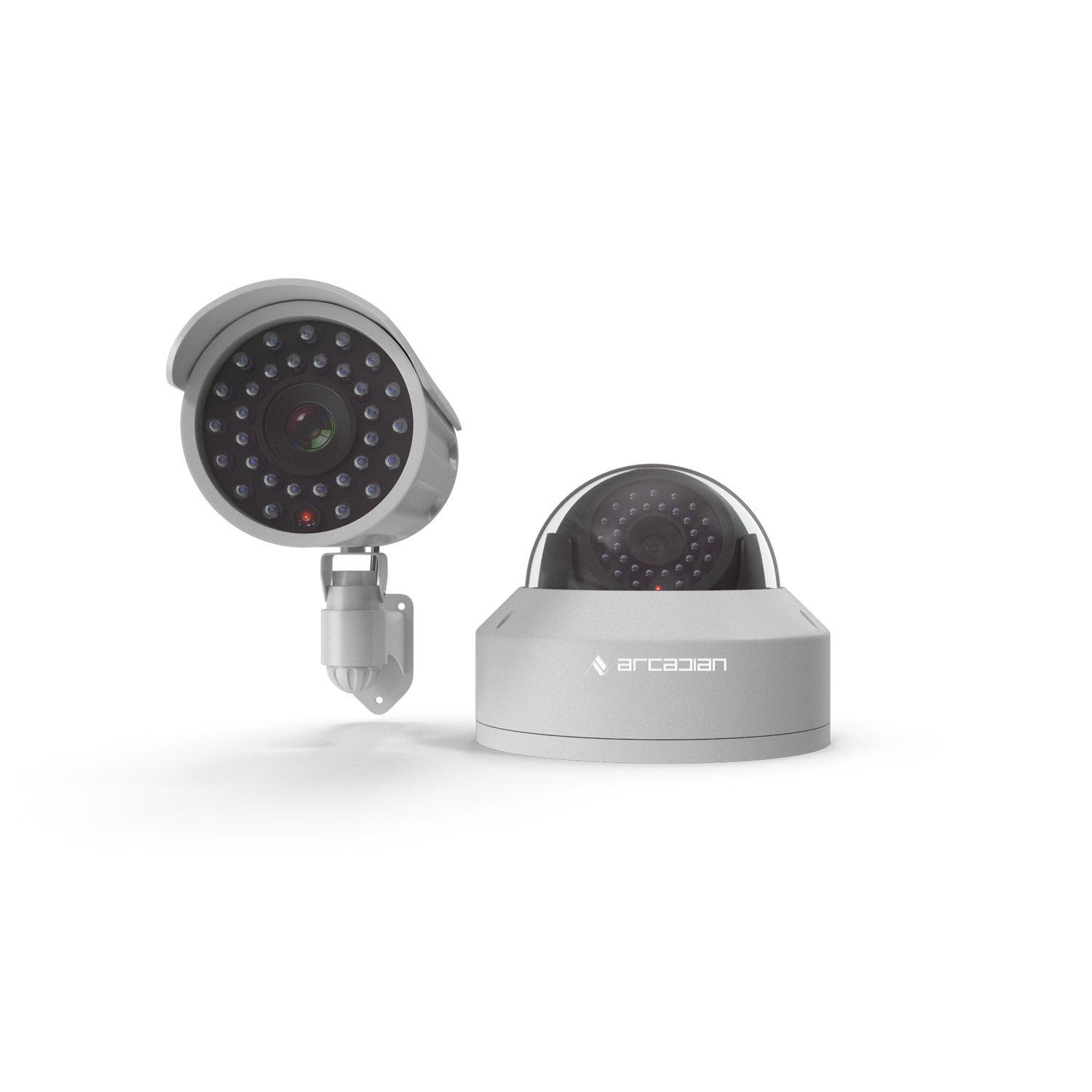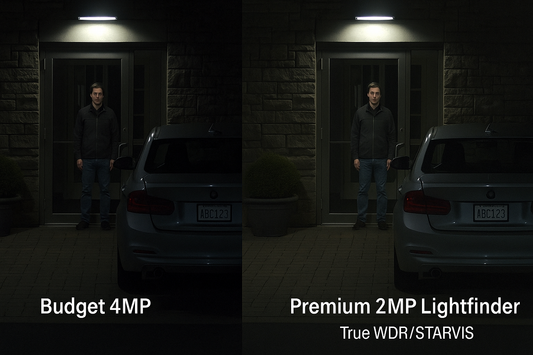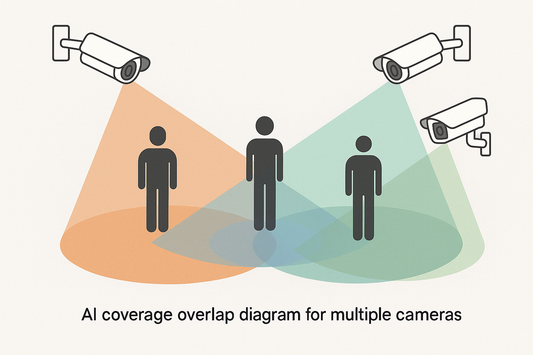Introduction: Protecting Data in the Cloud Era
Cloud-based security solutions are revolutionizing how businesses safeguard their assets. However, with great convenience comes significant responsibility, especially when it comes to data privacy. Mishandling sensitive data can lead to breaches, regulatory fines, and reputational damage.
In this blog, we’ll dive deep into the strategies businesses can implement to ensure data privacy in cloud-based security solutions. We’ll cover real-world examples, potential risks, essential features, and actionable solutions, ensuring you’re fully equipped to navigate the complexities of cloud-based data security.
1. Understanding Data Privacy in Cloud-Based Security
What Is Data Privacy?
Data privacy refers to the handling, processing, and storage of personal or business-critical information in a way that ensures confidentiality and compliance with regulations.
Why Is It Critical in Cloud-Based Solutions?
-
Data Sensitivity: Cloud security systems often handle sensitive data like surveillance footage, access logs, and personal details.
-
Regulatory Compliance: Businesses must comply with laws like GDPR, CCPA, and HIPAA, which impose strict requirements for data protection.
-
Reputational Risk: Breaches can erode customer trust and tarnish brand reputation.
Stat: 68% of business leaders cite data privacy concerns as their top barrier to adopting cloud-based solutions (Source: Statista).
2. Common Risks to Data Privacy in Cloud-Based Security
1. Unauthorized Access
- Weak passwords or lack of multi-factor authentication (MFA) can allow attackers to access sensitive data.
2. Data Breaches
- Poor encryption standards may expose data during transmission or storage.
3. Insider Threats
- Employees or contractors with privileged access might misuse data.
4. Lack of Compliance
- Non-compliance with regulations can result in hefty fines and legal issues.
Example:
In 2020, a global retail company faced a $10 million fine for storing unencrypted surveillance footage on a misconfigured cloud server, exposing customer and employee data.
3. Key Strategies to Ensure Data Privacy
1. End-to-End Encryption
Encrypting data during both transmission and storage ensures that only authorized users can access it.
-
How It Works:
- Data is encrypted before leaving the camera and remains encrypted until viewed by authorized personnel.
- Use advanced encryption standards like AES-256.
2. Multi-Factor Authentication (MFA)
Adding layers of authentication minimizes the risk of unauthorized access.
-
Benefits:
- Protects against password breaches.
- Ensures that even if one layer (e.g., a password) is compromised, additional layers secure access.
Example:
A financial institution implemented MFA for its cloud-based surveillance system, reducing unauthorized login attempts by 90%.
3. Data Anonymization
Remove or mask identifiable information to reduce exposure in case of a breach.
-
Use Case:
- Replace facial details in recorded footage with anonymized placeholders unless legally required for evidence.
4. Secure Cloud Providers
Choose a provider with proven security credentials. Look for:
-
ISO 27001 Certification: International standard for information security.
-
Regular Audits: Ensure providers conduct third-party security audits.
-
Compliance with Regulations: Verify adherence to GDPR, HIPAA, or other relevant laws.
Example:
Using a compliant provider like AWS ensures data is stored securely in geographically appropriate data centers.
5. Role-Based Access Control (RBAC)
Limit access to data based on user roles.
-
How It Helps:
- Restrict sensitive footage to authorized personnel.
- Reduce insider threats by granting only necessary access.
6. Regular Software Updates and Patches
Outdated systems are vulnerable to attacks exploiting known flaws.
-
Best Practices:
- Enable automatic updates for cloud software.
- Regularly update cameras and devices connected to the cloud.
4. Regulatory Compliance: A Core Focus
Key Regulations to Consider
| Regulation |
Key Requirement |
Industry |
| GDPR |
Protect personal data of EU citizens |
All businesses |
| CCPA |
Safeguard personal data of California residents |
Businesses in California |
| HIPAA |
Ensure patient data privacy |
Healthcare |
| PCI-DSS |
Secure payment and transaction data |
Retail and e-commerce |
Steps to Ensure Compliance:
- Understand the specific requirements of regulations that apply to your business.
- Regularly audit cloud-based systems for compliance gaps.
- Maintain documentation for regulatory audits.
5. Features to Look for in Cloud-Based Security Solutions
| Feature |
Why It’s Essential |
| Encryption |
Protects data in transit and storage from unauthorized access. |
| MFA |
Adds an extra layer of security beyond passwords. |
| Activity Logs |
Tracks who accessed data, ensuring accountability. |
| Geofencing |
Restricts access to data based on geographic location. |
| Backup and Recovery |
Ensures quick restoration of data after an incident. |
6. Real-World Applications and Examples
Retail Businesses
Retailers use cloud-based cameras to monitor theft and customer behavior. By anonymizing customer data and ensuring compliance with CCPA, they maintain customer trust.
Healthcare Facilities
Hospitals implement encrypted cloud storage for surveillance footage in compliance with HIPAA, protecting patient data while maintaining 24/7 security.
Logistics Companies
Warehouses use RBAC to grant access to specific zones for employees, ensuring compliance with ISO 27001.
7. The Cost of Non-Compliance and Poor Data Privacy
Potential Consequences:
-
Financial Penalties: GDPR fines can reach up to €20 million or 4% of annual global turnover.
-
Reputation Damage: Loss of trust can lead to reduced customer retention and brand value.
-
Operational Disruption: Data breaches may result in downtime and recovery costs.
Stat: Businesses affected by data breaches experience an average recovery cost of $3.86 million (Source: IBM).
Conclusion: Building Trust Through Strong Data Privacy
Ensuring data privacy in cloud-based security solutions is a combination of choosing the right technology, following best practices, and staying compliant with regulations. By implementing robust encryption, MFA, and role-based access control, businesses can protect their sensitive data while reaping the benefits of cloud-based security.
Ready to secure your data in the cloud?
👉 Contact Arcadian.ai today to explore AI-powered, compliance-ready cloud solutions tailored to your needs.
Visit Us on Social Media
💼 LinkedIn
🌐 Facebook
📸 Instagram
🎥 YouTube
🎬 TikTok
🐦 X









